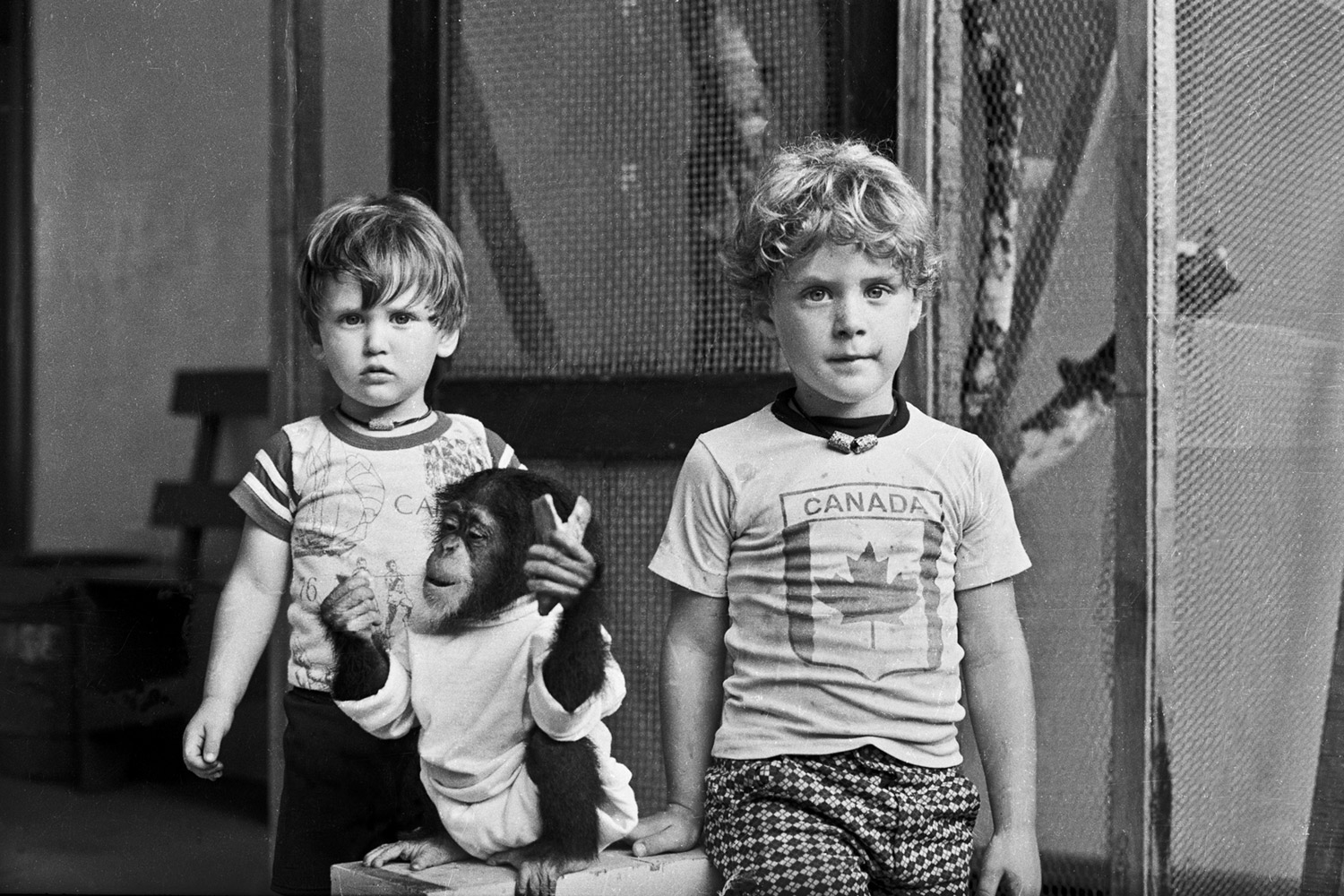
Jeff and Andrew Topham were five and three, respectively, when their father’s job moved them from the Yukon, Canada to just outside of Monrovia, the capital city of Liberia, in 1976, four years before a military coup and two subsequent civil wars would devastate the West African nation. The boys lived in what they remember as paradise: endless beaches, thick jungles and countless adventures with their pet chimp named Evelyn. Their father, John, documented this time with thousands of photographs, inspiring a love for photography and filmmaking in both brothers.
In May 2010, the Tophams—now photographers themselves—returned to Monrovia to see what had become of their childhood home. “Our original idea was to revisit and re-shoot the influential and iconic photos of our childhood,” says Jeff Topham. What began as a personal exploration of their youth turned into a documentary film project titled Liberia 77 after the Tophams realized that many of the citizens they encountered did not own any photographs. “I was really interested in the connection between photography and memory,” Topham says. “How much my dad’s photographs influence my memory and what was actually real.”
Although they had seen images of the trouble Liberia had experienced in the last 20 years, the Tophams’ understanding changed after hearing stories of the fighting from citizens who had known their family. “You can read about those stories, but when you are actually sitting with someone and they are telling you first hand, it seems to hit a lot harder,” Topham says. “I think the emotional impact was definitely bigger than the physical.”
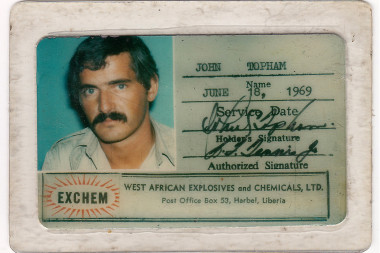
The most staggering realization, which became the central focus of Liberia 77, was the absence of pictures. “The fact that nobody we encountered had any photographs, to me, was remarkable,” Topham says. During the civil wars, the possession of photographs—even on job identification cards—meant a person had money, a fact that could cause one to lose his or her life. Many people would get rid of them just to survive. “People hadn’t seen photos of Liberia from before the wars,” Topham says. “We had this stack of photographs from my dad that we were using as reference, and they almost became this stack of historical documents.”
During one part of Liberia 77, Liberian photojournalist Sando Moore asks, “If you don’t know where you came from, how can you know where you are going?” That poignant questions speaks to the heart of the Tophams’ film: to give Liberian citizens a connection to their past in order to grow and reconstruct their future. “The fact that the country was destroyed over time, but was also built over time—I think to give people just a sense of history and of time passing is important,” Topham says.
Liberian President Ellen Johnson Sirleaf, who was inaugurated for a second term today, also spoke briefly for the documentary. “I wish those who have photographs of our national existence find a way to keep them because at some point we will need to establish, re-activate our museum,” she says. “The only thing that could capture for the young people Liberia’s road from independence to where we are today would be if we could gather good photographs that rarely depict that. I hope those of you who are skilled in this and those of you who have all these years been able to keep these photographs, make sure you able us to copy them so we have our children know their own country.”
Since leaving Liberia at the end of last spring, and on the plea from President Sirleaf, the brothers have done just that. They’ve been collecting photographs from around the world to help create a photographic archive for the people of Liberia at the National Museum in Monrovia. The Tophams have collected nearly 700 photographs to date, and they are looking for funding to return to Monrovia this fall to stage an exhibit and hand the pictures of peace over to the museum.
Liberia 77 has been shown on Canadian television and film festivals around the world. Read more about the project here. If interested in donating pre-war photographs of Liberia, click here. To learn more about the Tophams’ Indie Go-Go Fund Raising Platform, click here.
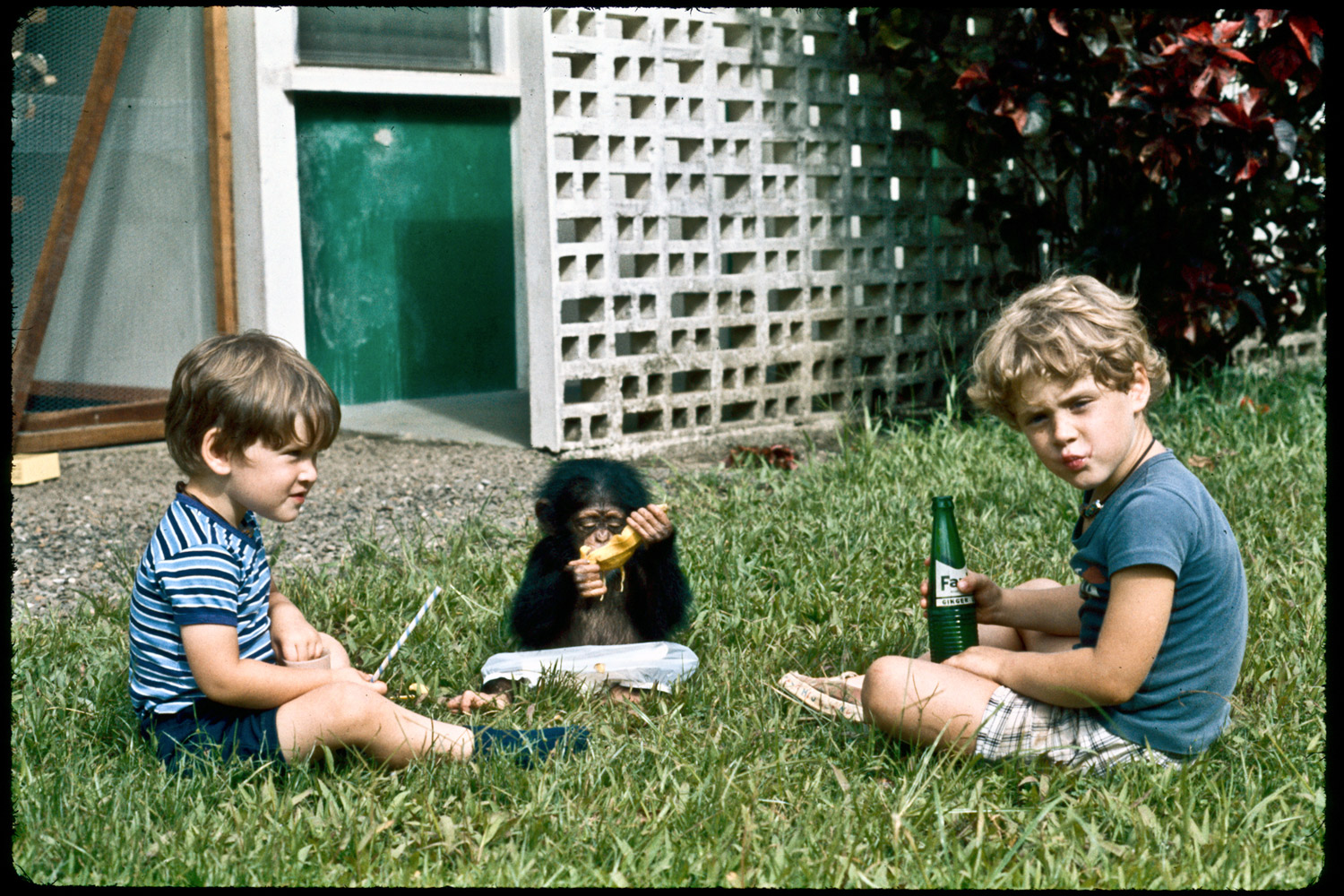

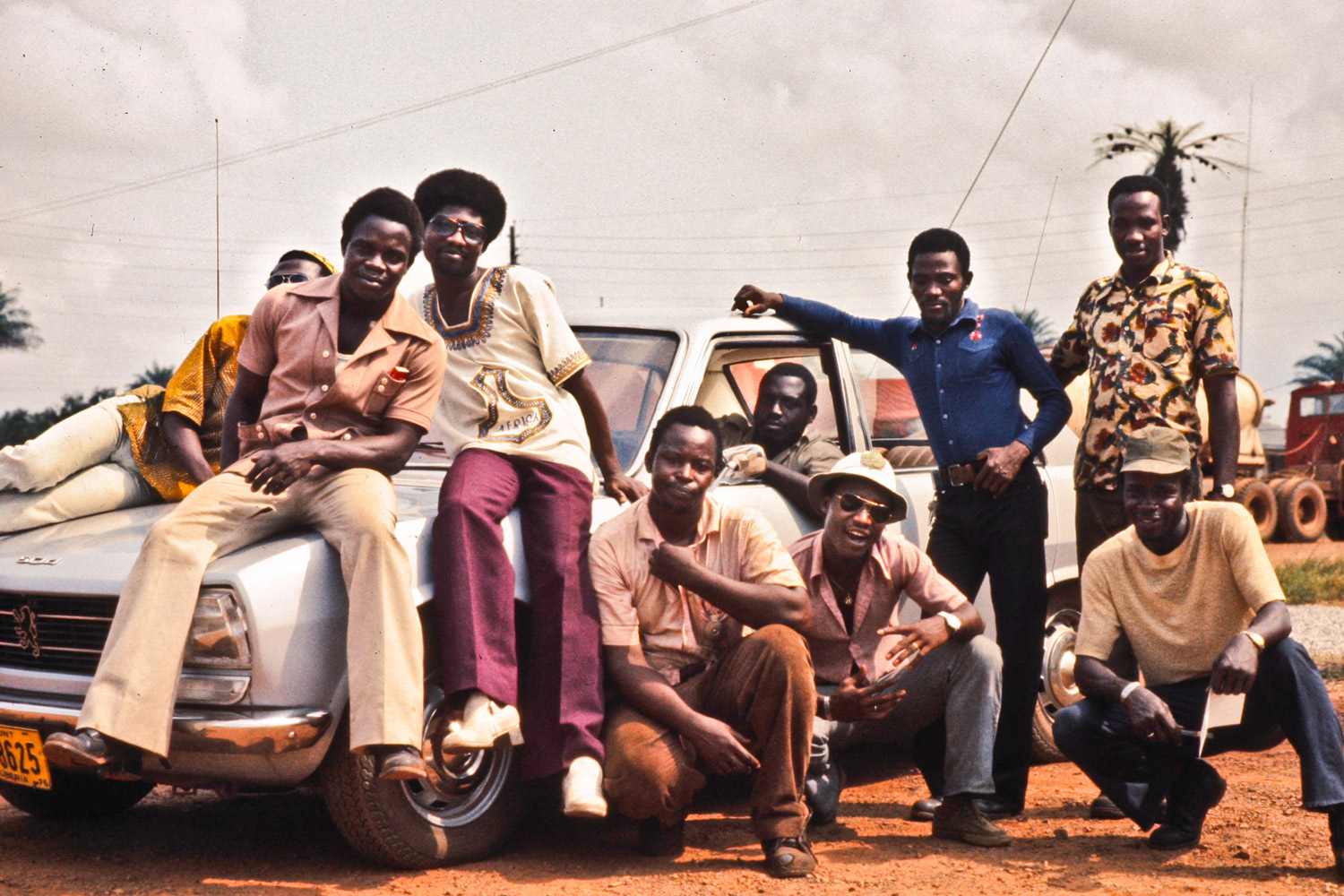
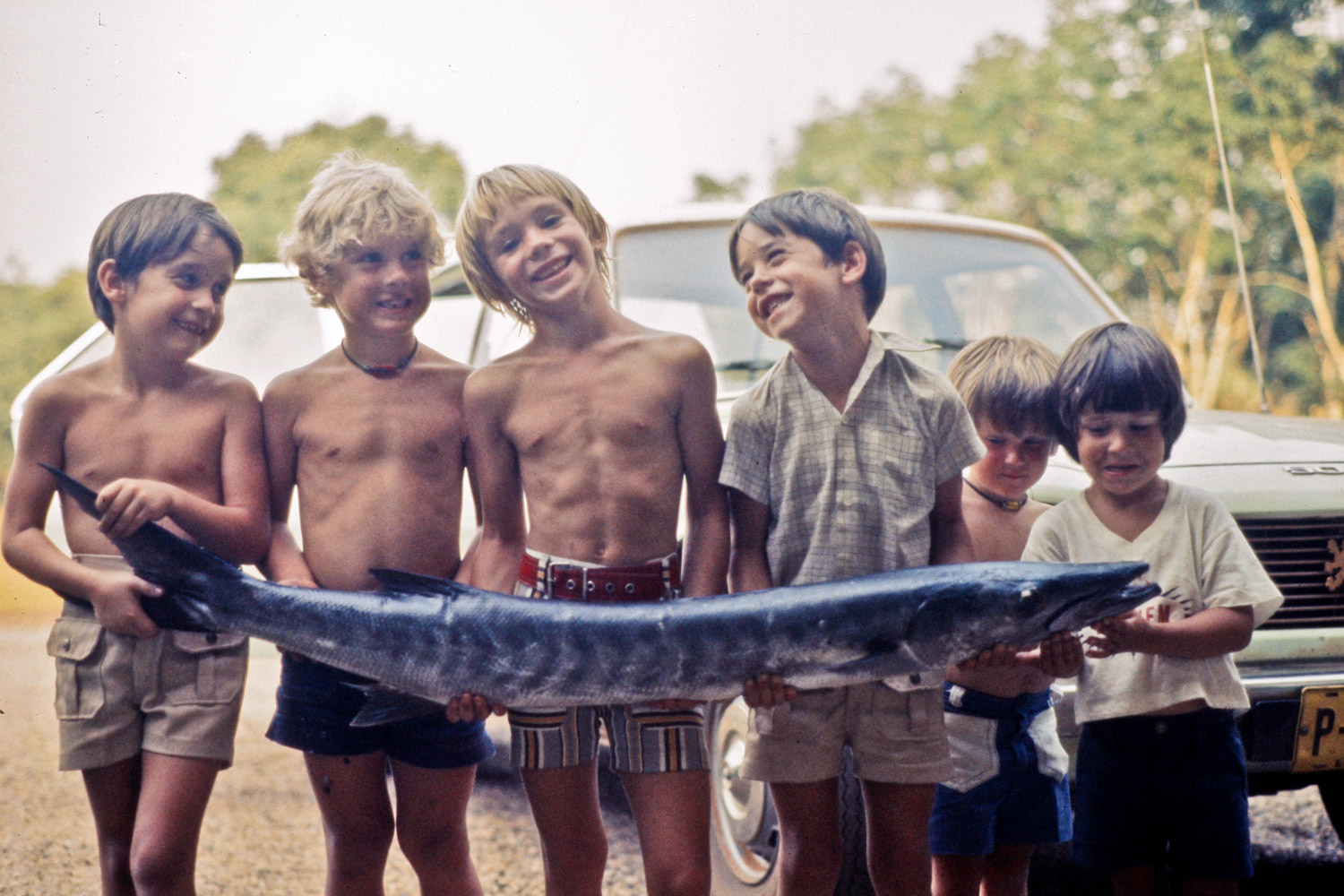
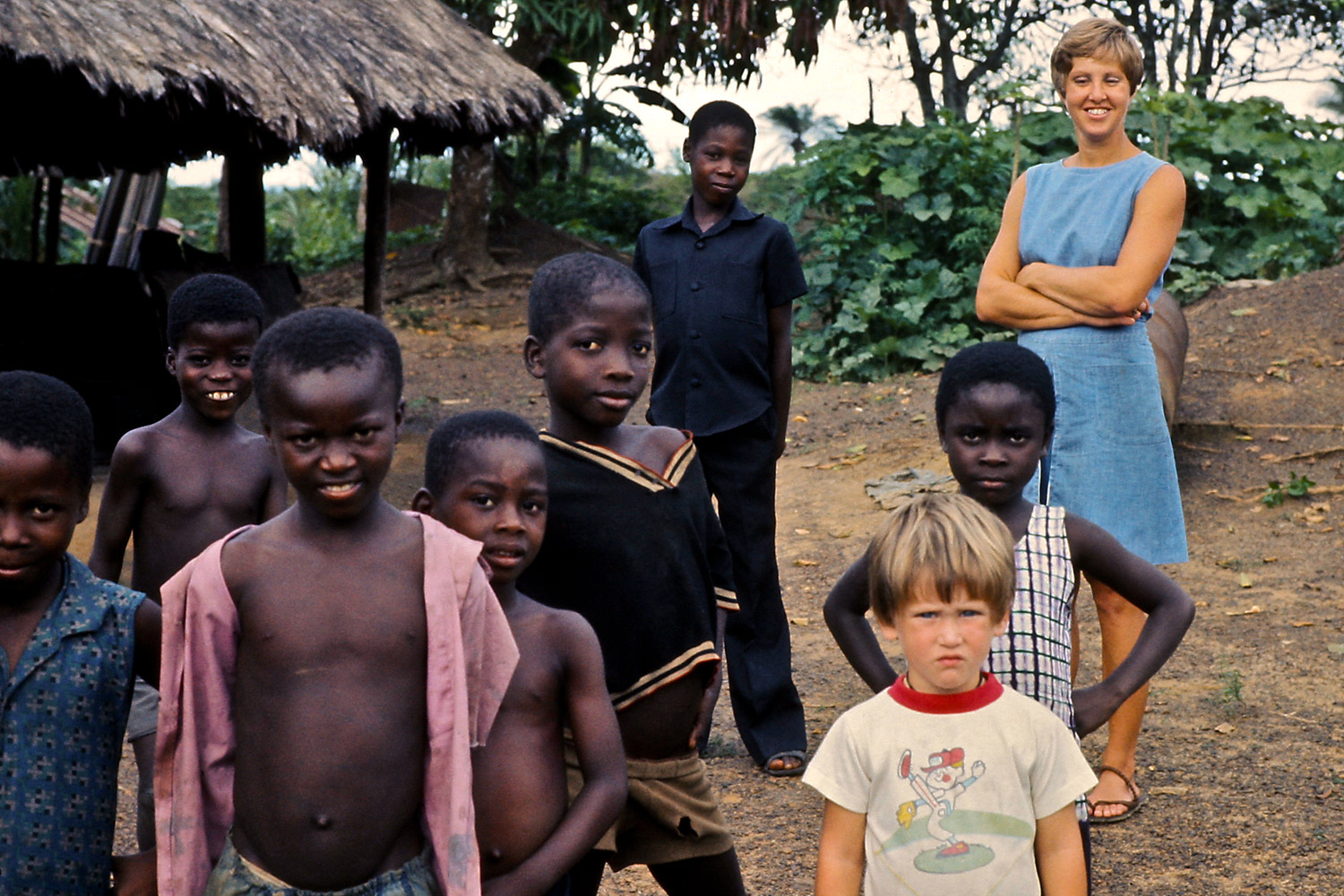
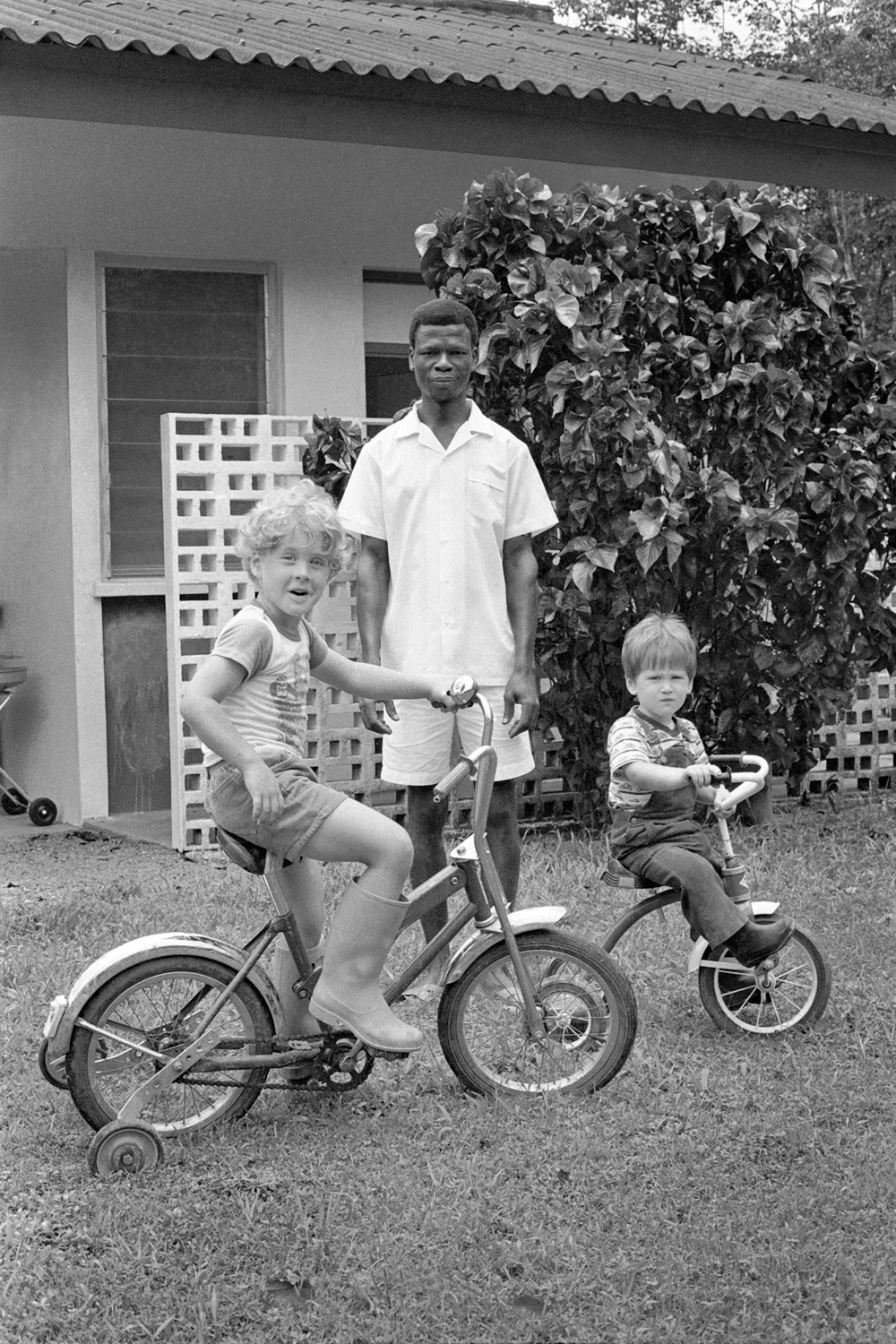
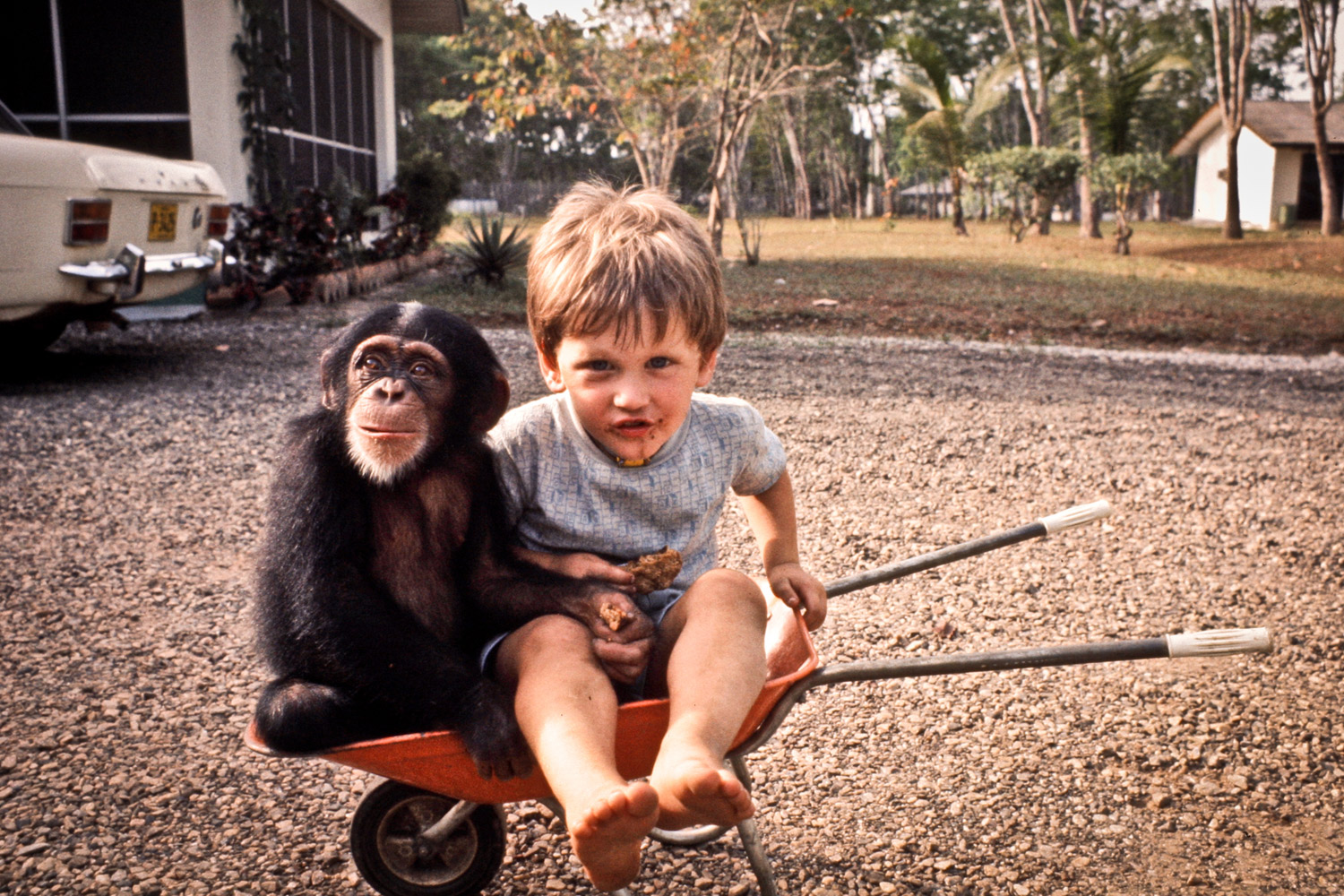
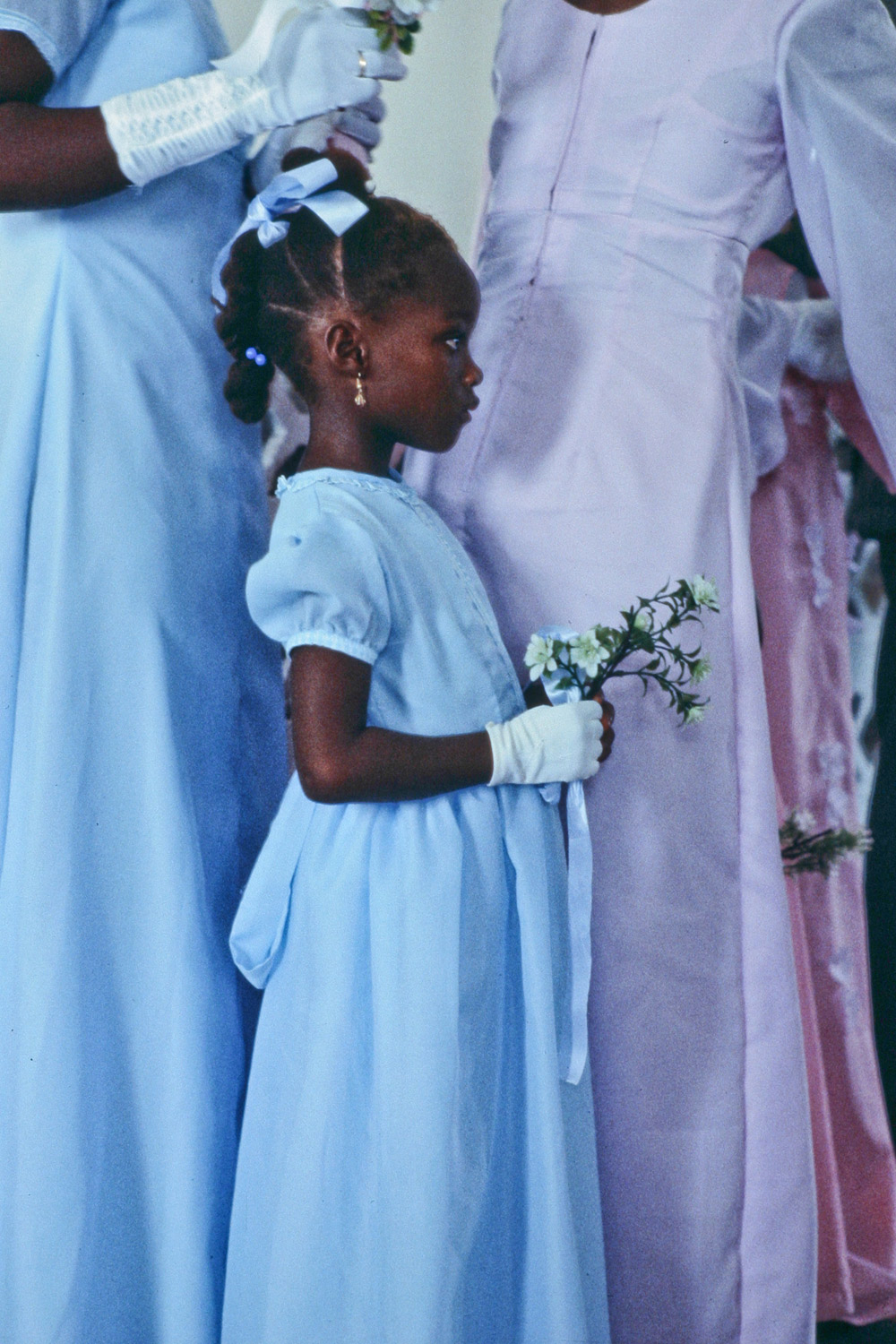
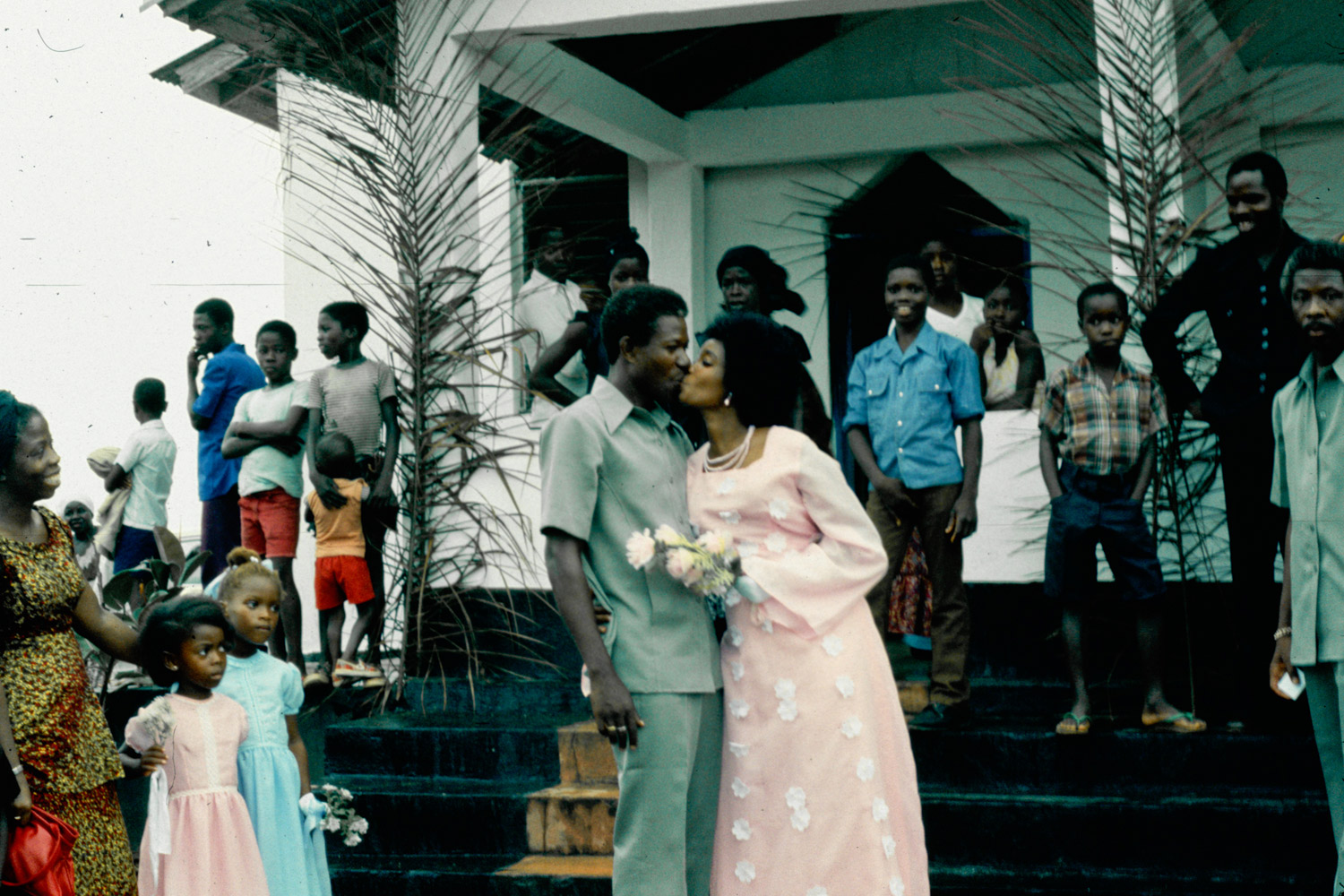
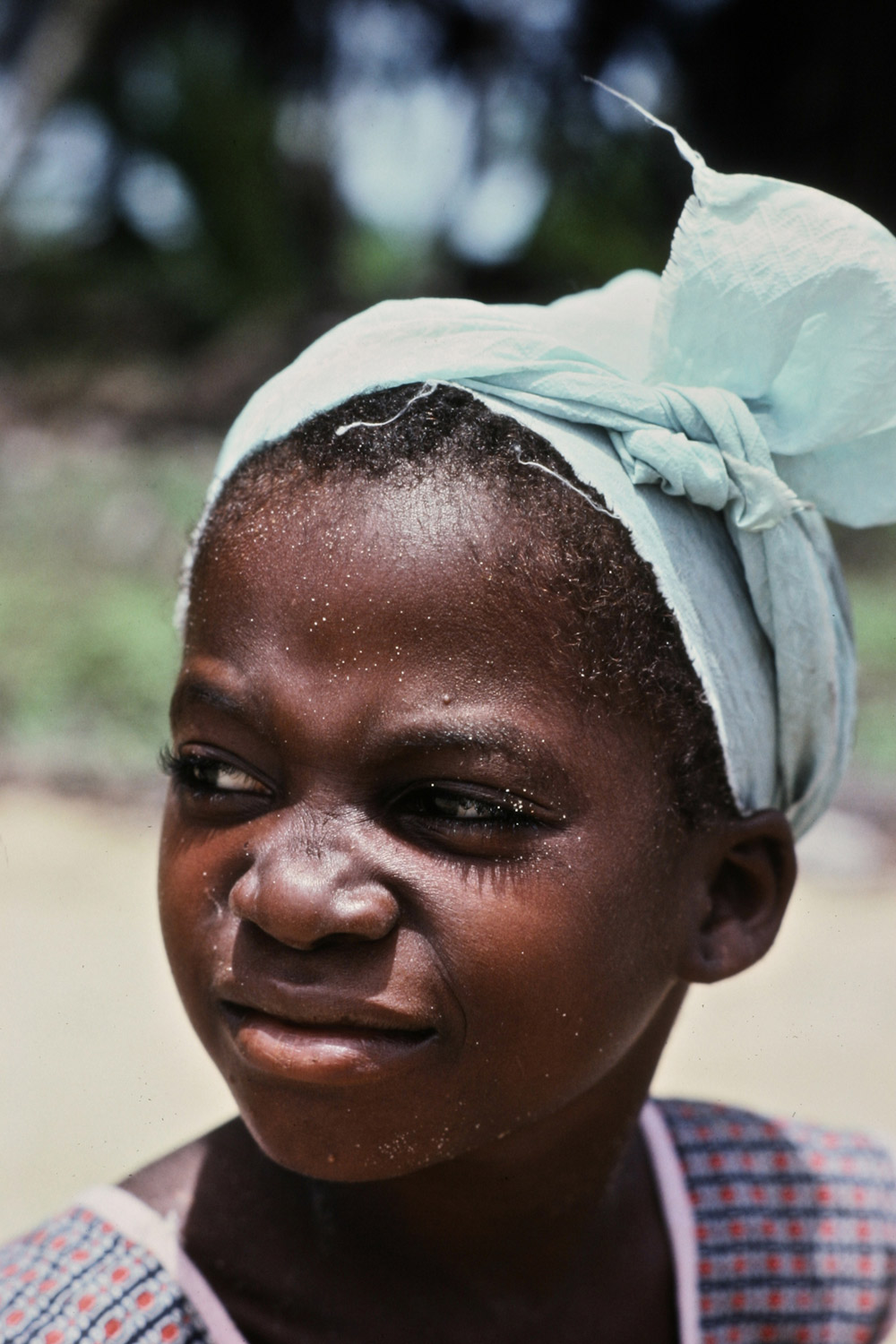
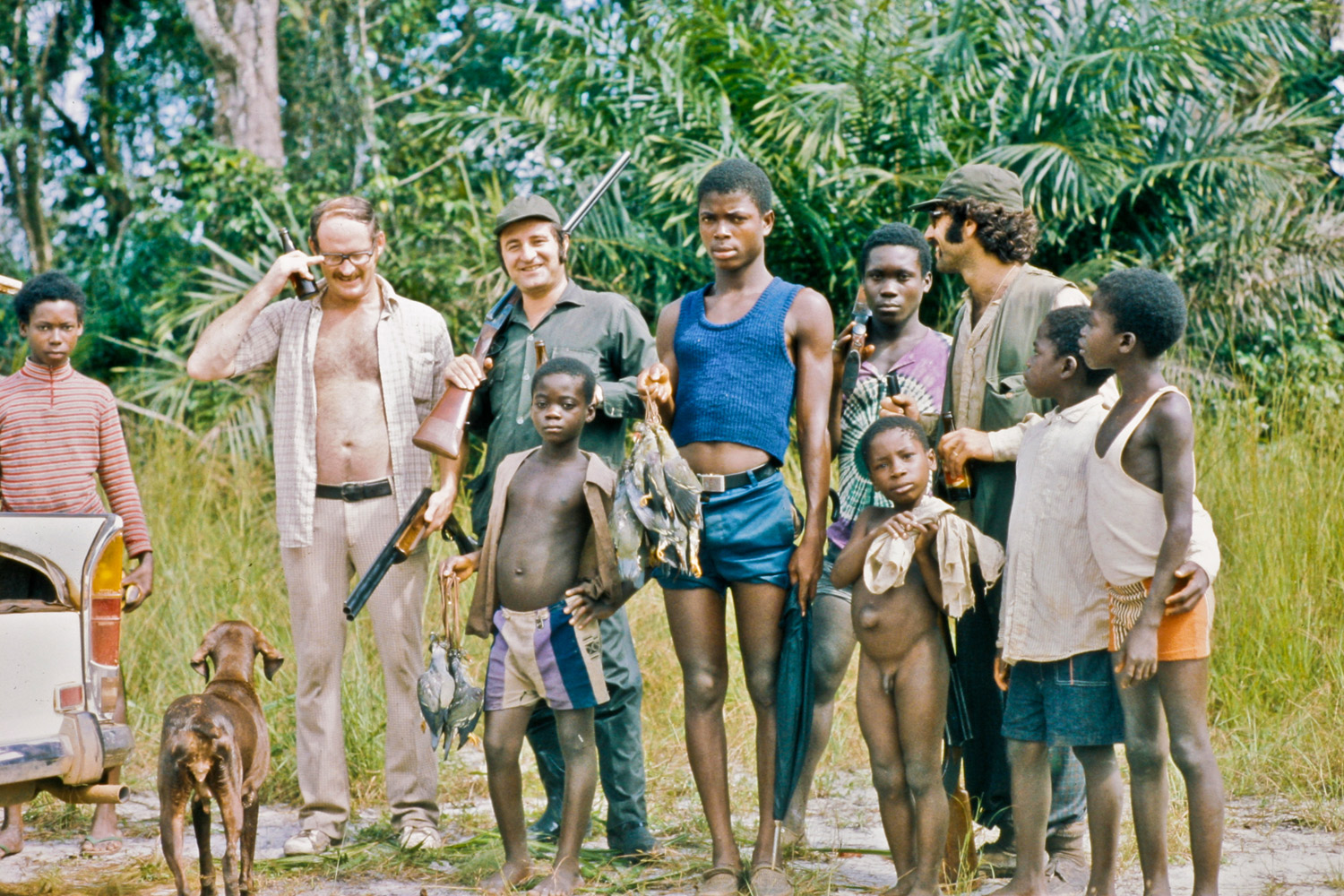
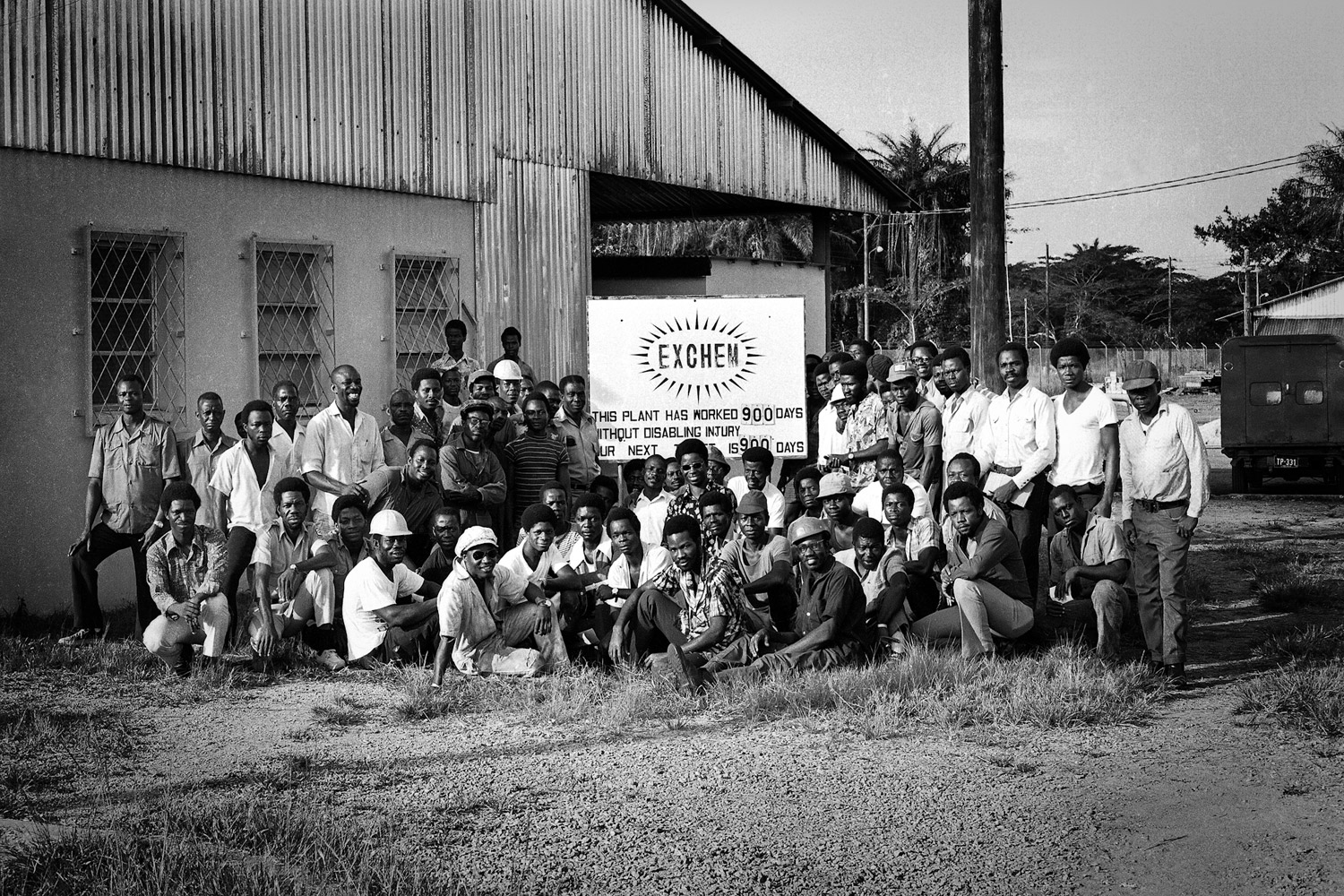
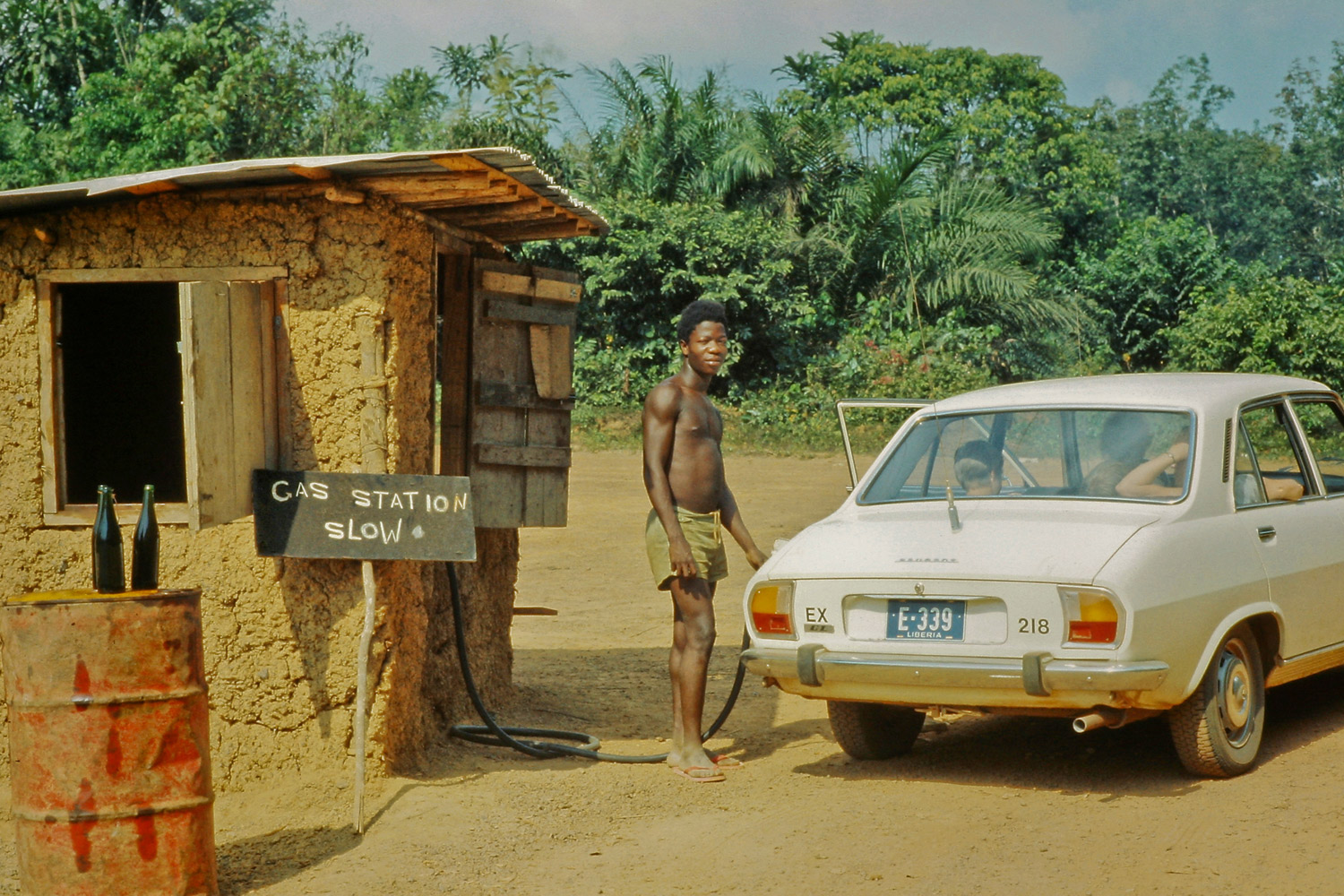

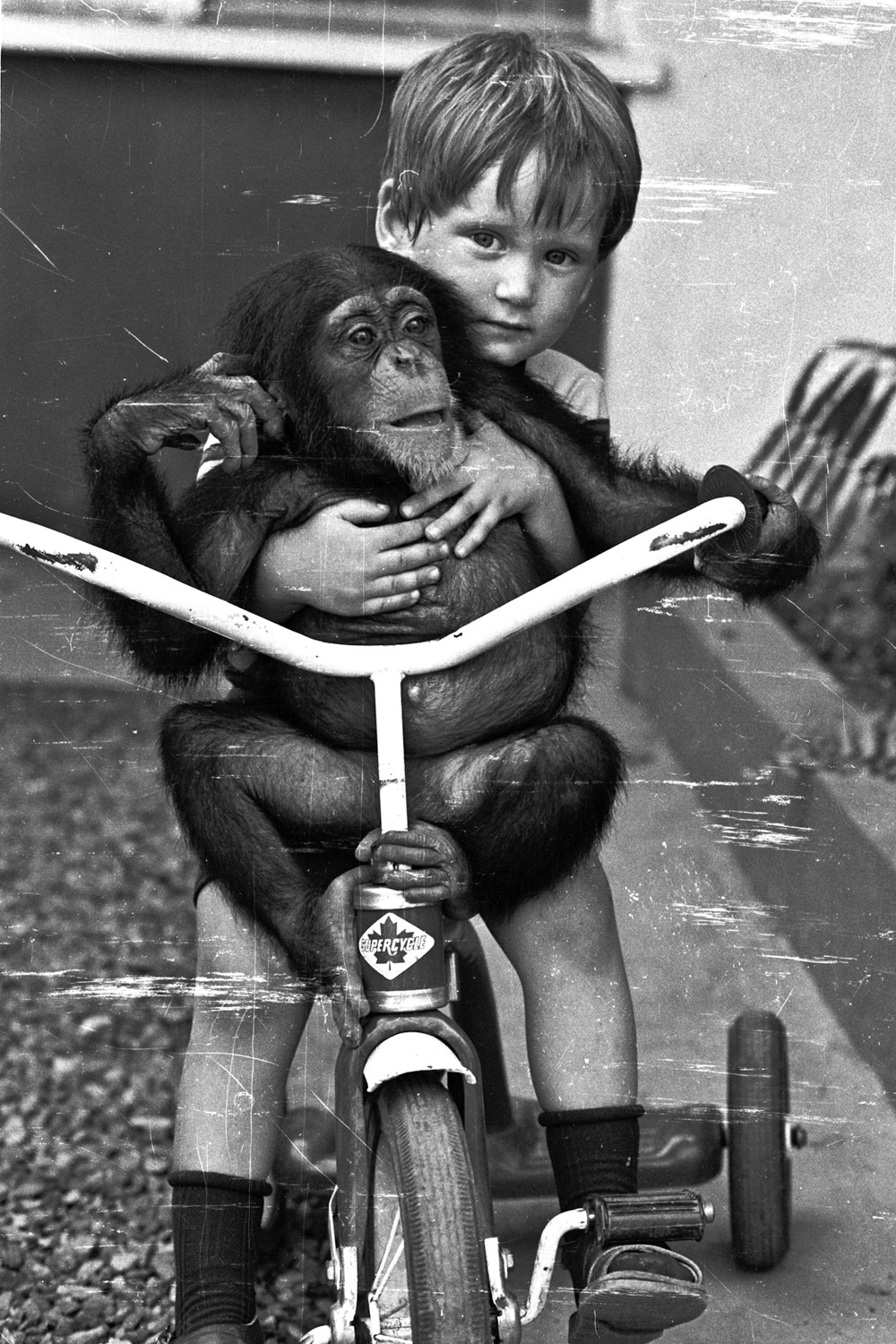
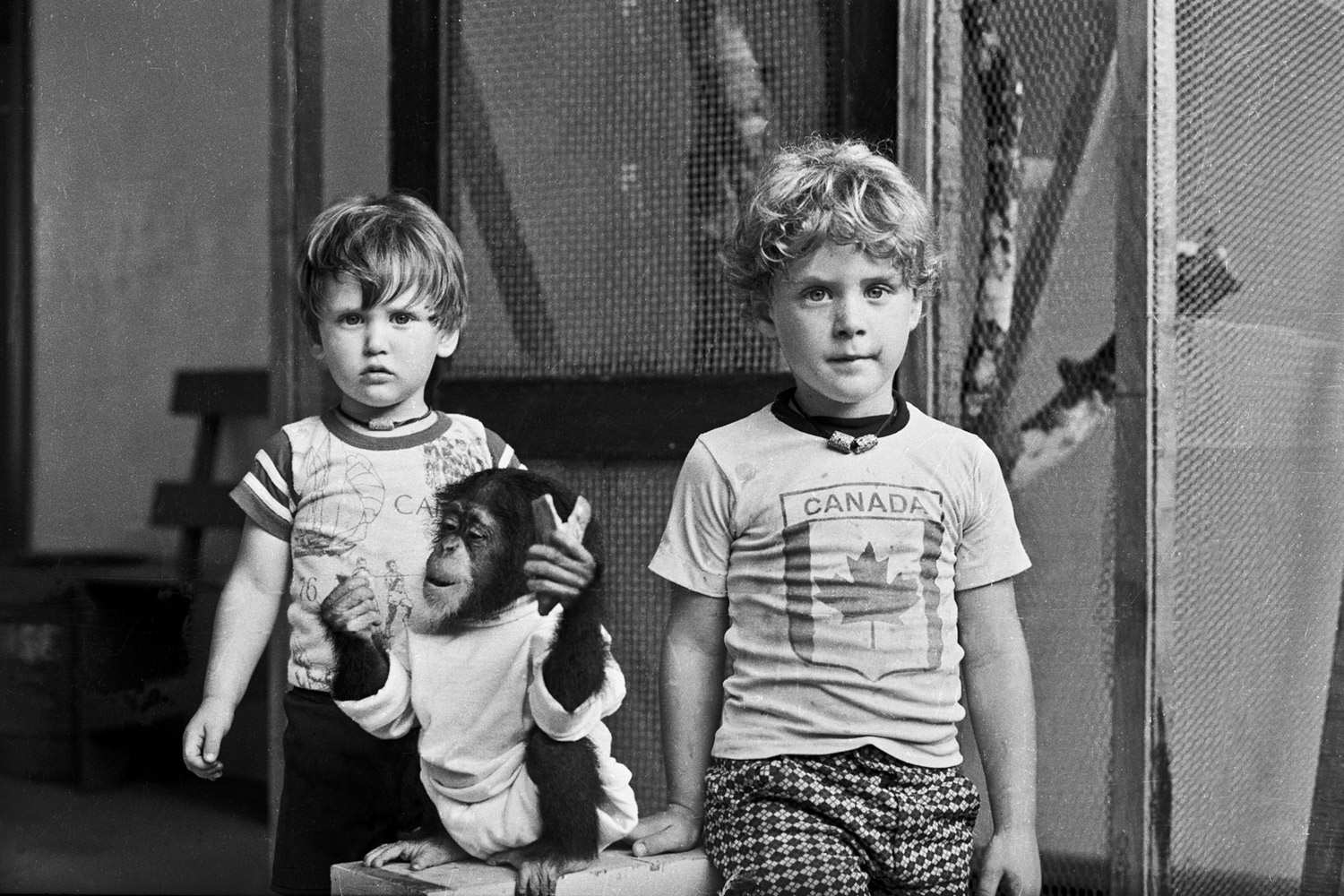
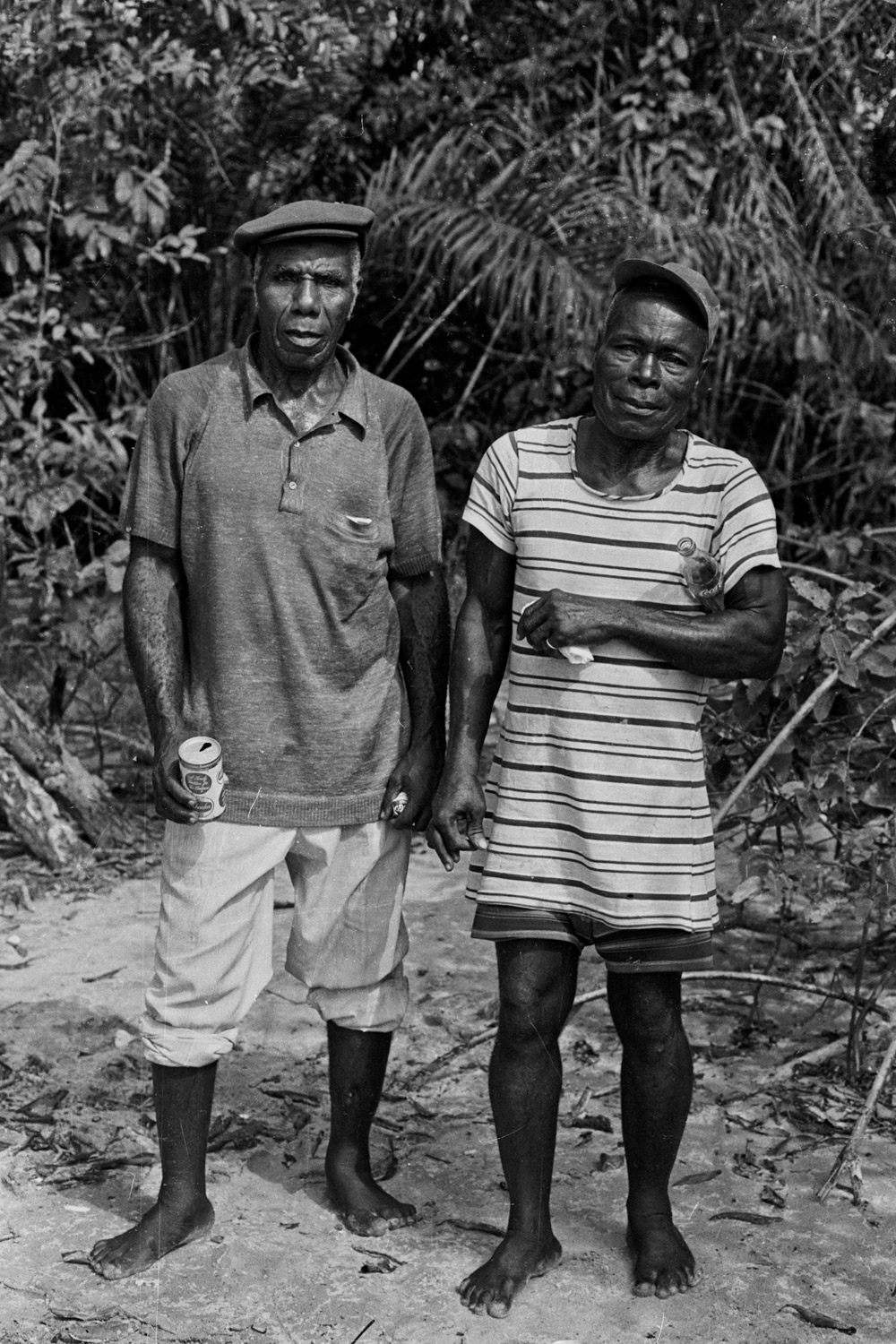
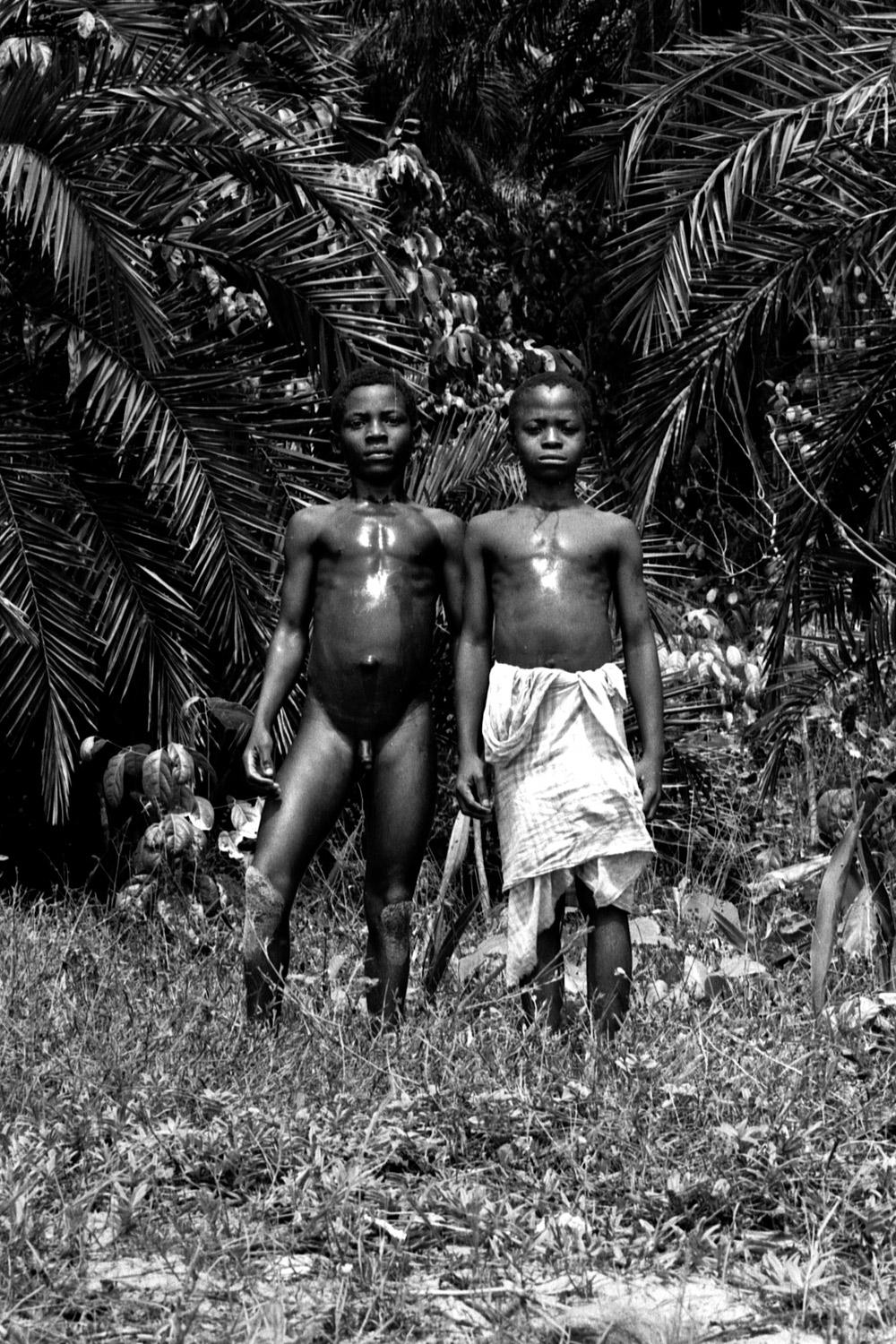
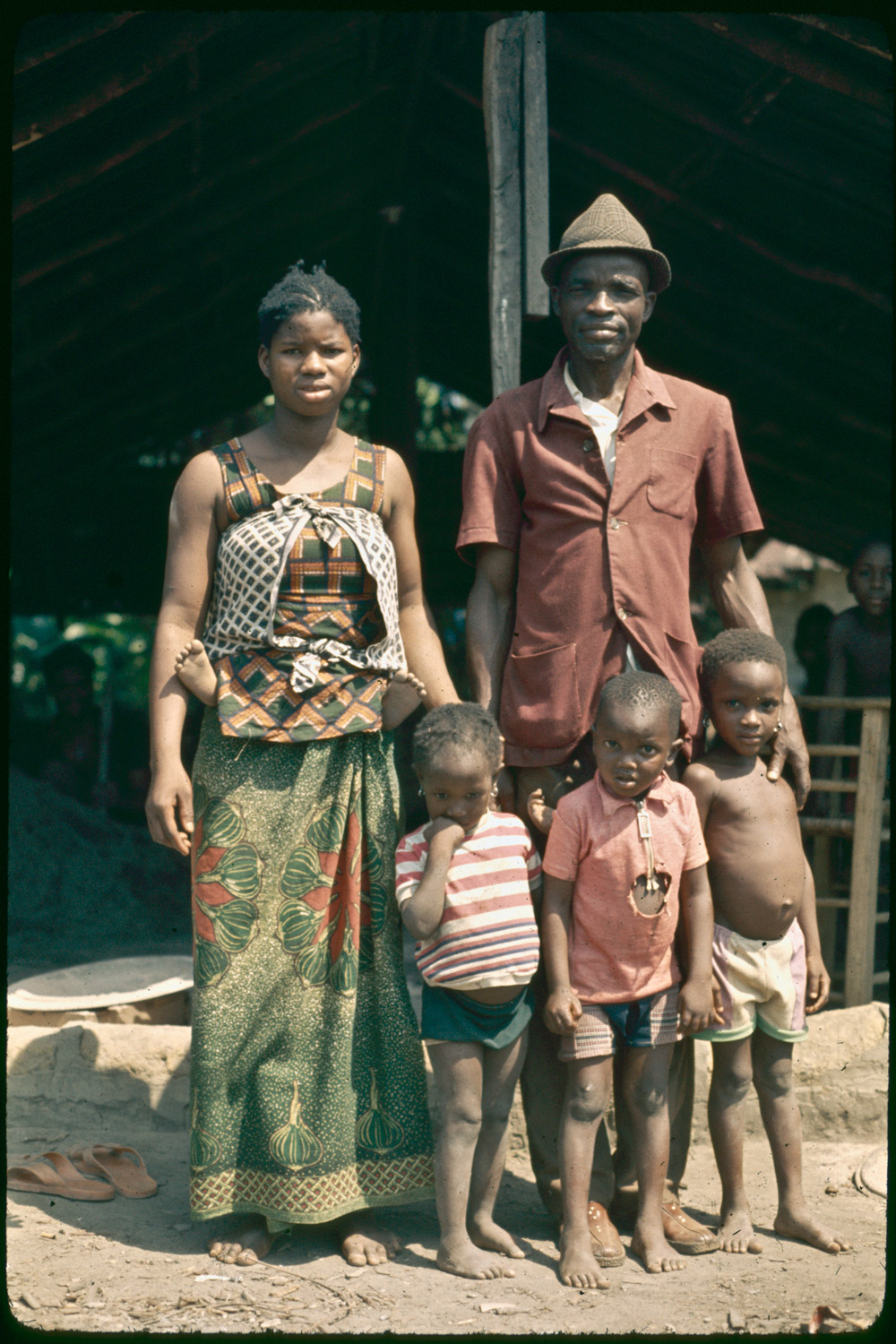
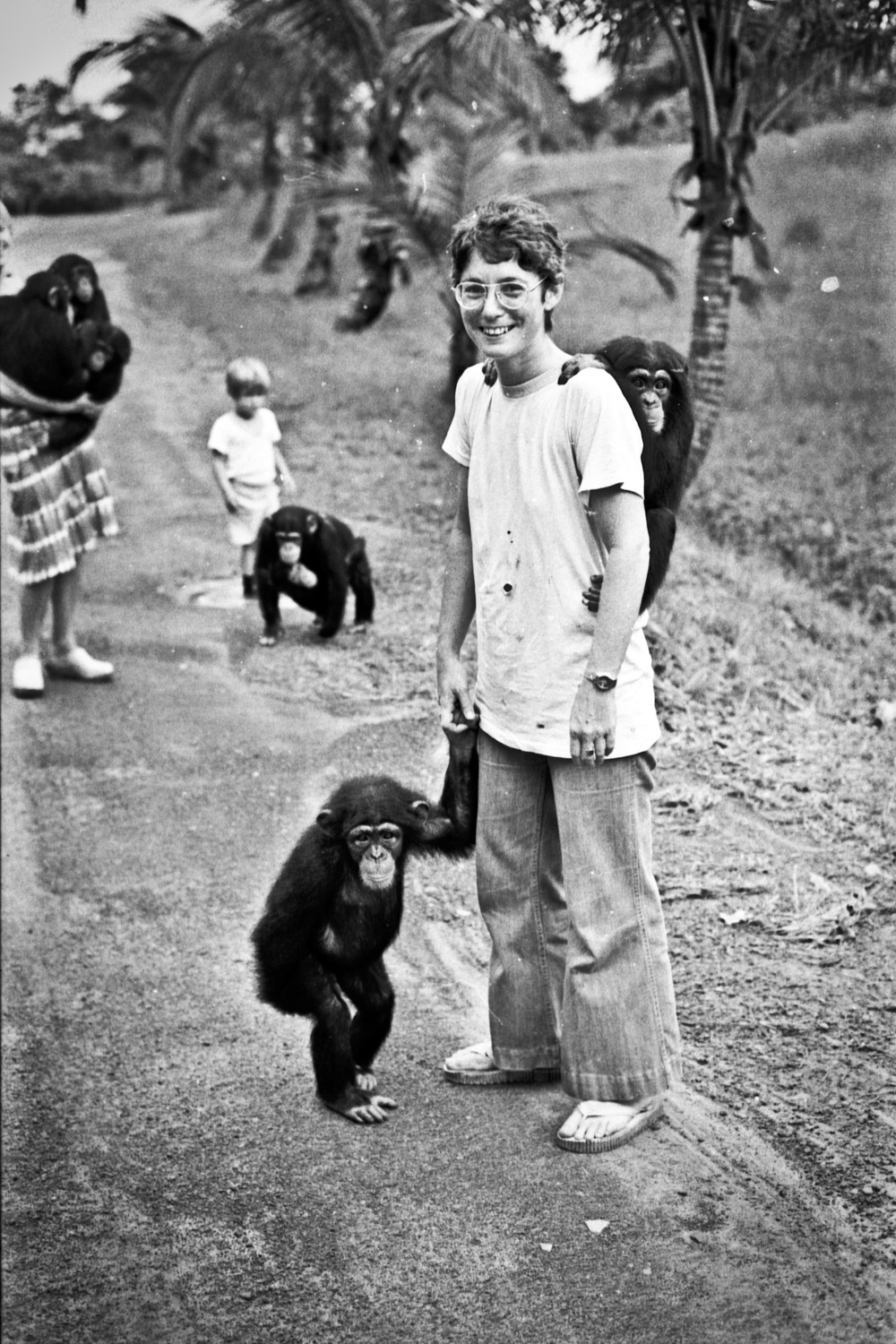
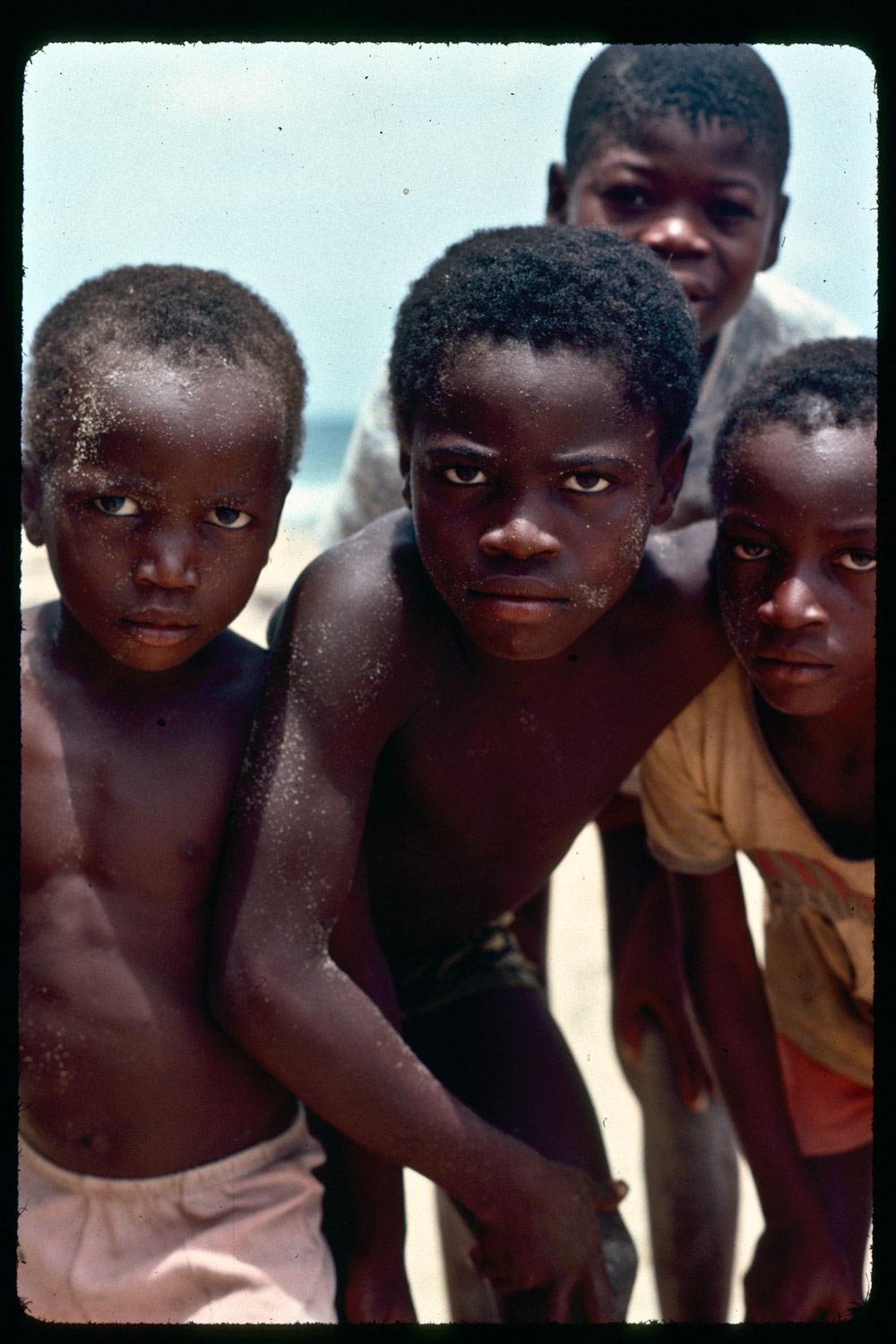
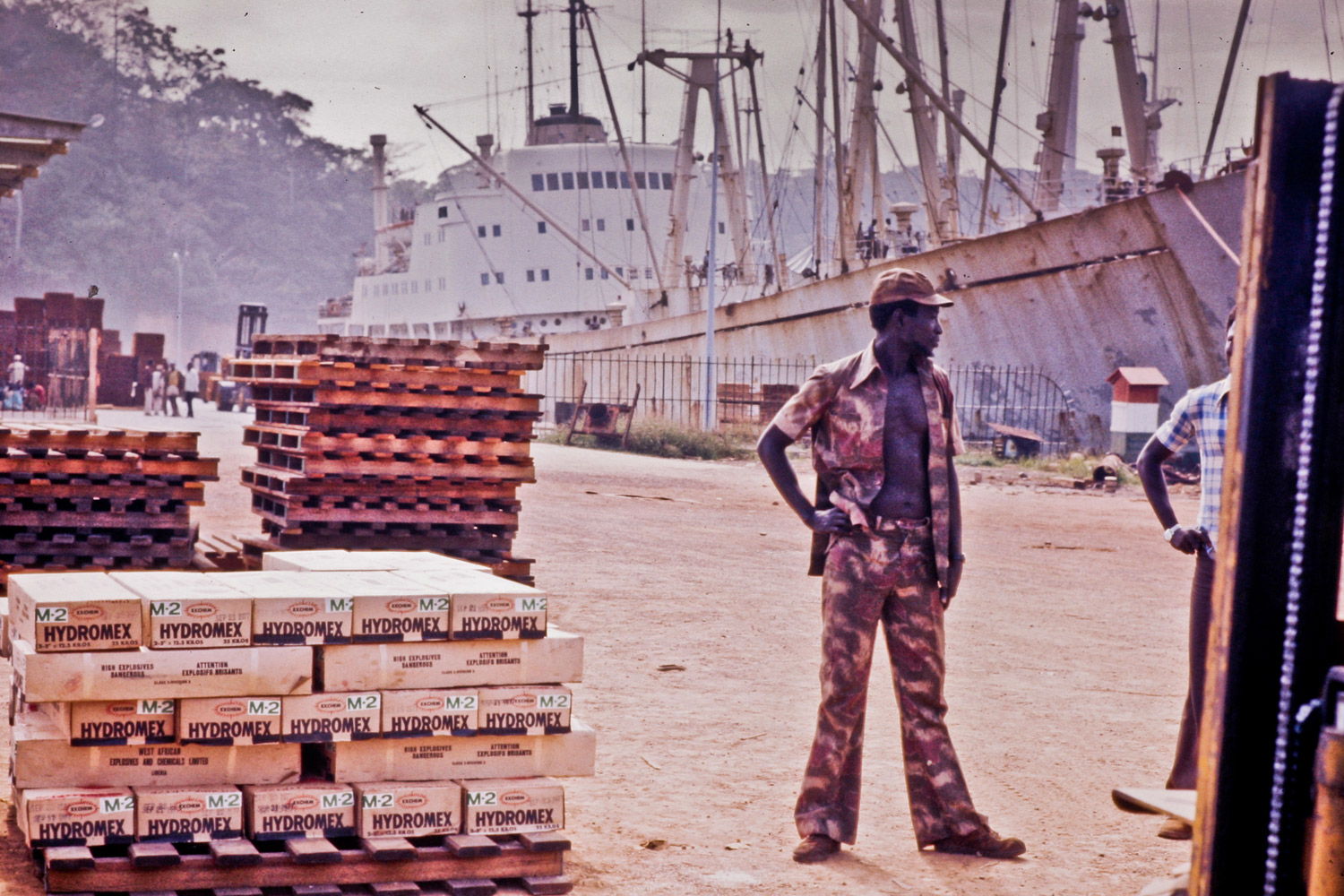
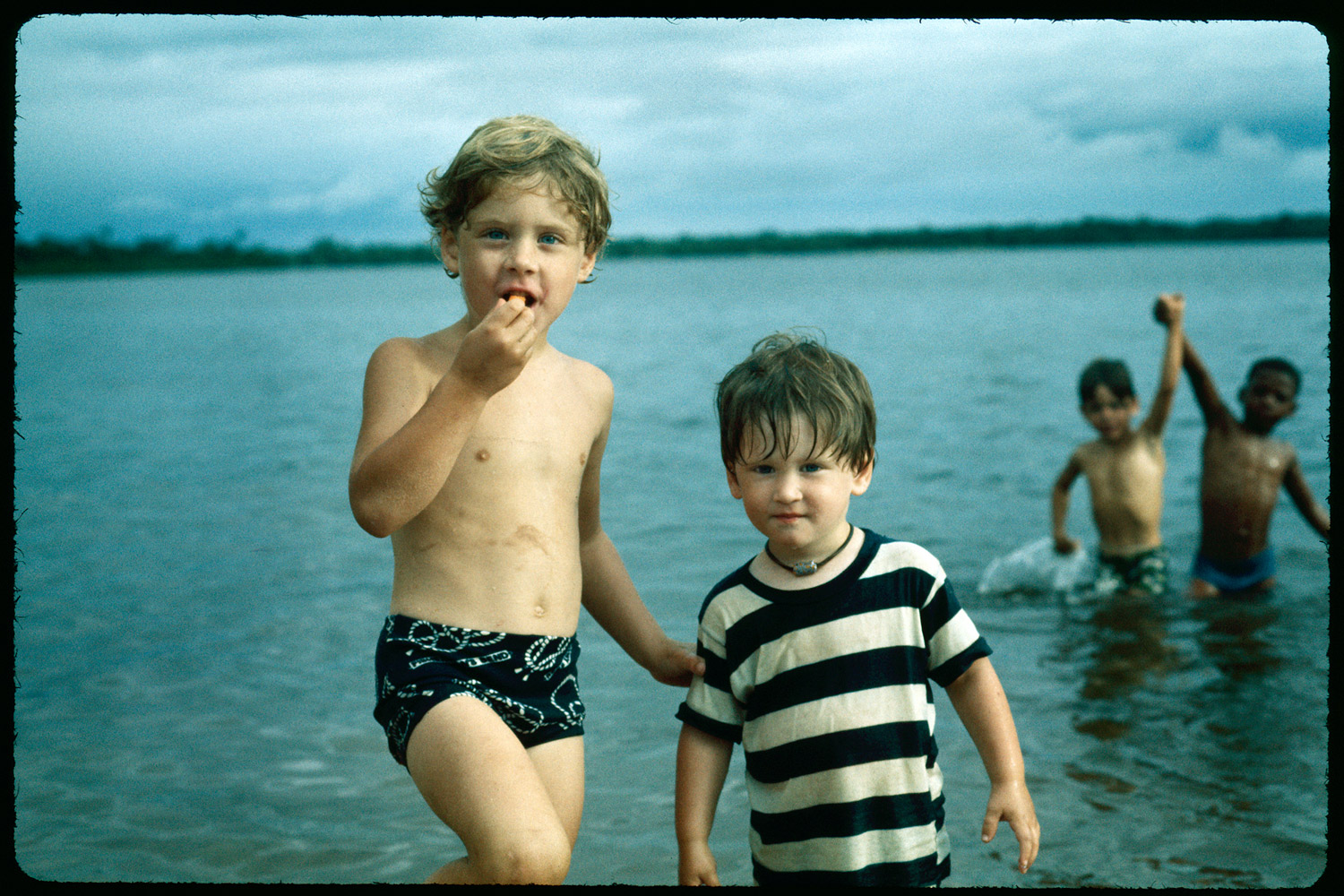
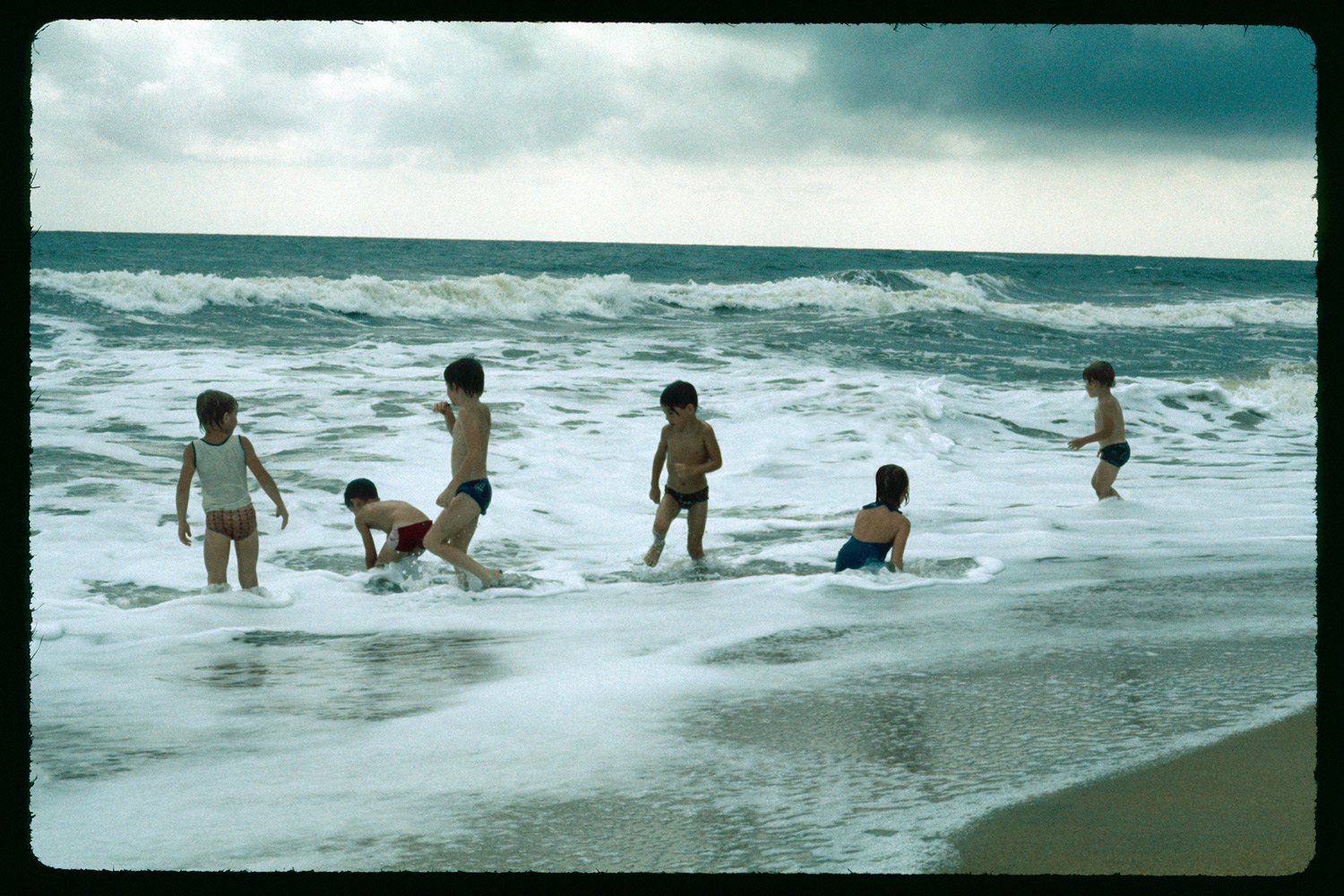
More Must-Reads from TIME
- Donald Trump Is TIME's 2024 Person of the Year
- Why We Chose Trump as Person of the Year
- Is Intermittent Fasting Good or Bad for You?
- The 100 Must-Read Books of 2024
- The 20 Best Christmas TV Episodes
- Column: If Optimism Feels Ridiculous Now, Try Hope
- The Future of Climate Action Is Trade Policy
- Merle Bombardieri Is Helping People Make the Baby Decision
Contact us at letters@time.com